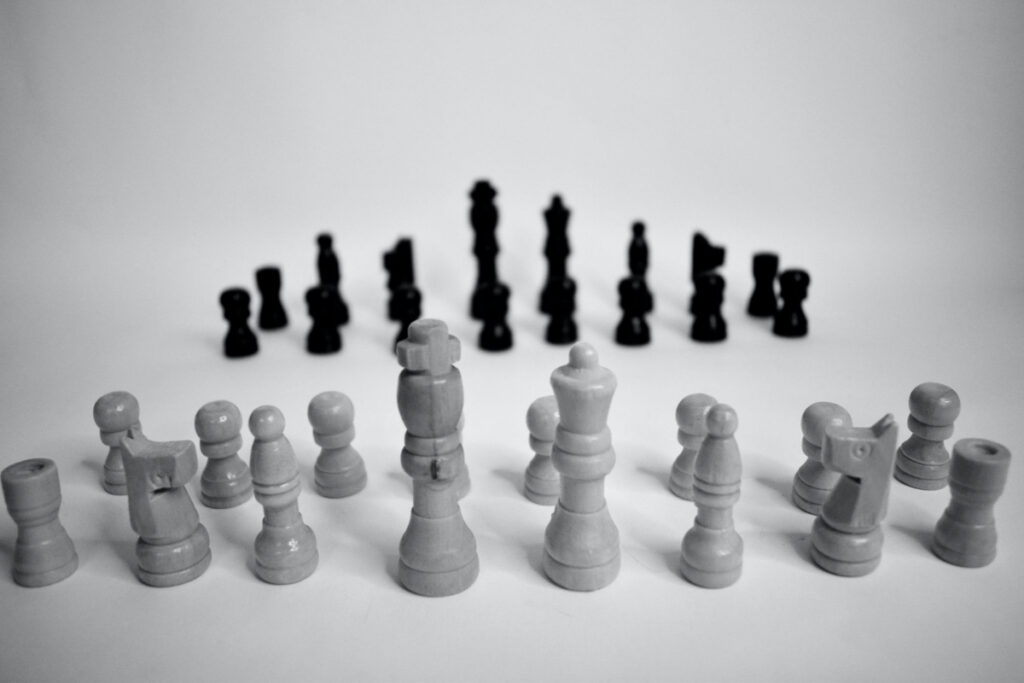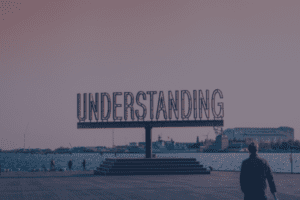
Conflict is a complex subject with negative associations. It is common for individuals to prefer harmonious relationships with others rather than engaging in disagreements and quarrels.
However, conflict can sometimes be beneficial as it can lead to the generation of more innovative solutions, like how an irritating piece of grit in an oyster can result in the creation of a pearl. Recognizing the value in differences is important, but it is also important to confront conflict instead of trying to make it disappear.
Understanding the process of conflict and having effective tools for resolution will enable you to utilize conflict in a positive way and assist others in finding more productive methods of collaboration. By highlighting differences, there is an opportunity to benefit from diverse perspectives and various approaches to tasks.
Having knowledge of the process by which conflict arises can also aid in its prevention from escalating. Conflict resolution tools are essential for understanding the causes of conflict and determining the most effective approach to resolving it.
Conflict cannot be eliminated and may not be desired. Managing conflict involves utilizing conflict situations to enhance understanding between individuals and discover collaborative methods of working together.
This activity provides techniques for effectively managing conflict in a wide range of situations. After following the provided steps and considering the information, you will be able to analyze two scenarios involving conflict and determine the most suitable course of action. Throughout the lesson, you will acquire knowledge:
- There are five conflict styles that can be used in different situations.
- This is a guide on using an integrative approach to understand the other person’s position.
- Methods for handling conflicts effectively.




